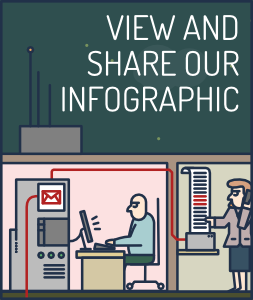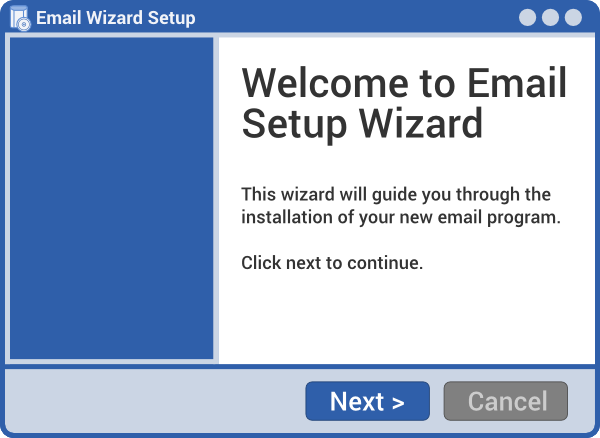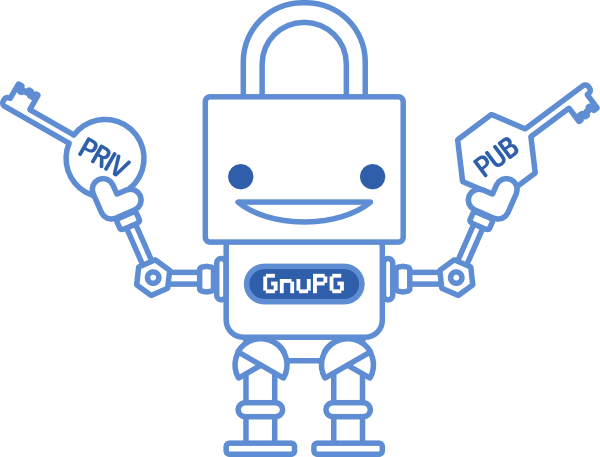-
NSA whistleblower Edward Snowden once famously wrote , "Encryption works." When he chose to leak his information to film maker Laura Poitras, he put his trust in the GNU Privacy Guard , and it didn't let him down. Although âencryption works,â even the most perfect software and algorithms still fail when the underlying system is not secure, or if the user doesn't understand how to properly make the software work for them.
+
![]()
-
Setting up a secure computer and understanding how it works is a daunting task, even for many advanced users. Simple mistakes lead to disaster, and many people who would benefit from using GnuPG don't simply because the process sounds too complex. GnuPG is a powerful and versatile program, and it's sad that more people don't use it.
+
#1 Get your friends or community interested
-
If you already love GnuPG, do your part to help increase herd immunity to mass surveillance by helping your friends and neighbors master the challenges GnuPG poses. Help them keep their digital love letters private, and teach them the benefits of free software. Oftentimes, users over-calculate the complexity of setting up GnuPG, when all they really need is a ally to sit down with them and help them get started. Go be that friend!
+
If you hear friends grumbling about their lack of privacy, ask them if
+they're interested in attending a workshop on Email Self-Defense. If your
+friends don't grumble about privacy, they may need some convincing. You might
+even hear the classic "if you've got nothing to hide, you've got nothing to
+fear" argument against using encryption.
-
To fully benefit from this guide, please read it in its entirety before proceeding.
+
Here are some talking points you can use to help explain why it's worth
+it to learn GnuPG. Mix and match whichever you think will make sense to
+your community:
-
![[GNU Social]](http://static.fsf.org/nosvn/enc-dev0/img/gnu-social.png) -
- ![[Pump.io]](http://static.fsf.org/nosvn/enc-dev0/img/pump.io.png) -
- ![[Reddit]](http://static.fsf.org/nosvn/enc-dev0/img/reddit-alien.png) -
- ![[Hacker News]](http://static.fsf.org/nosvn/enc-dev0/img/hacker-news.png) -
-  -
- 




